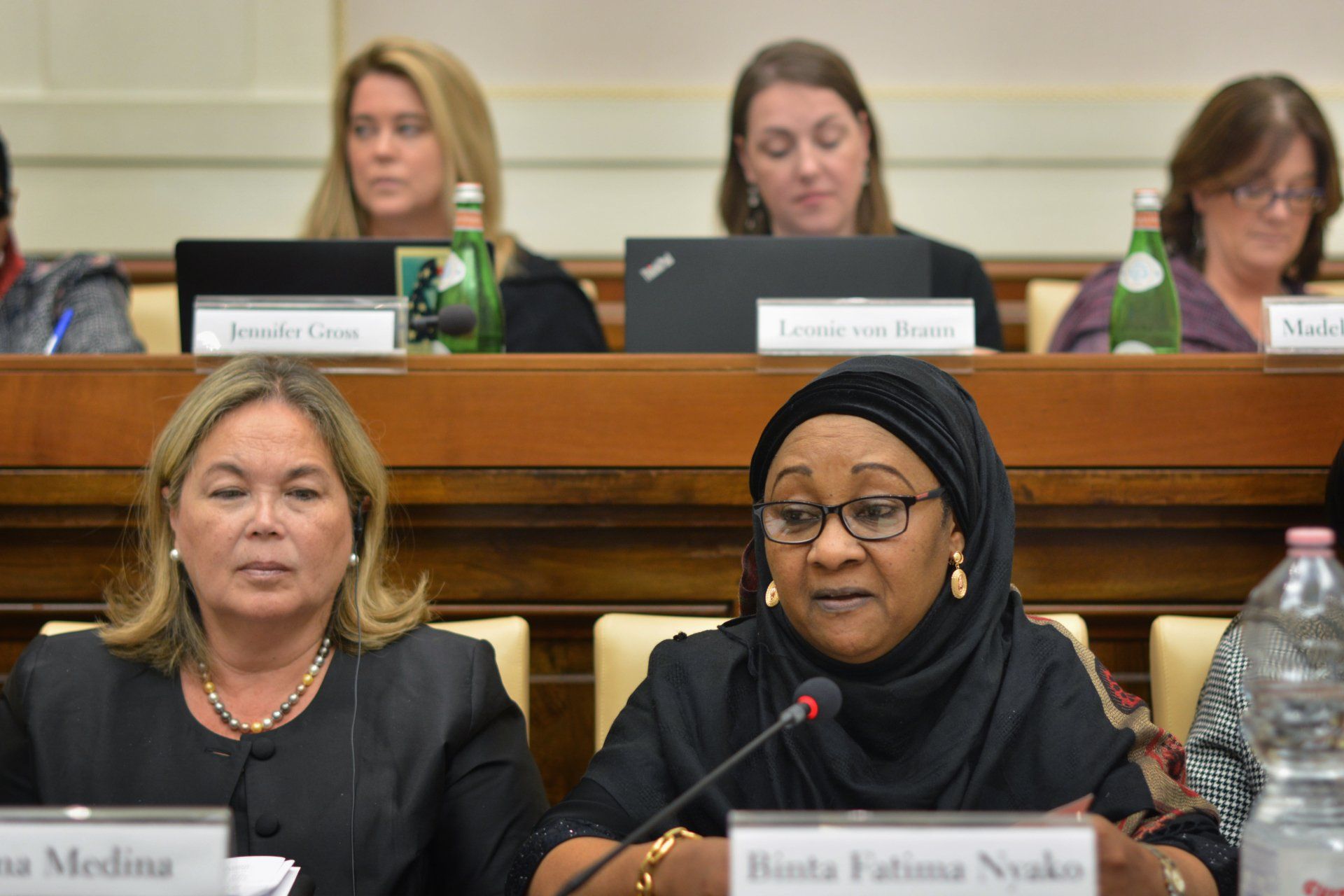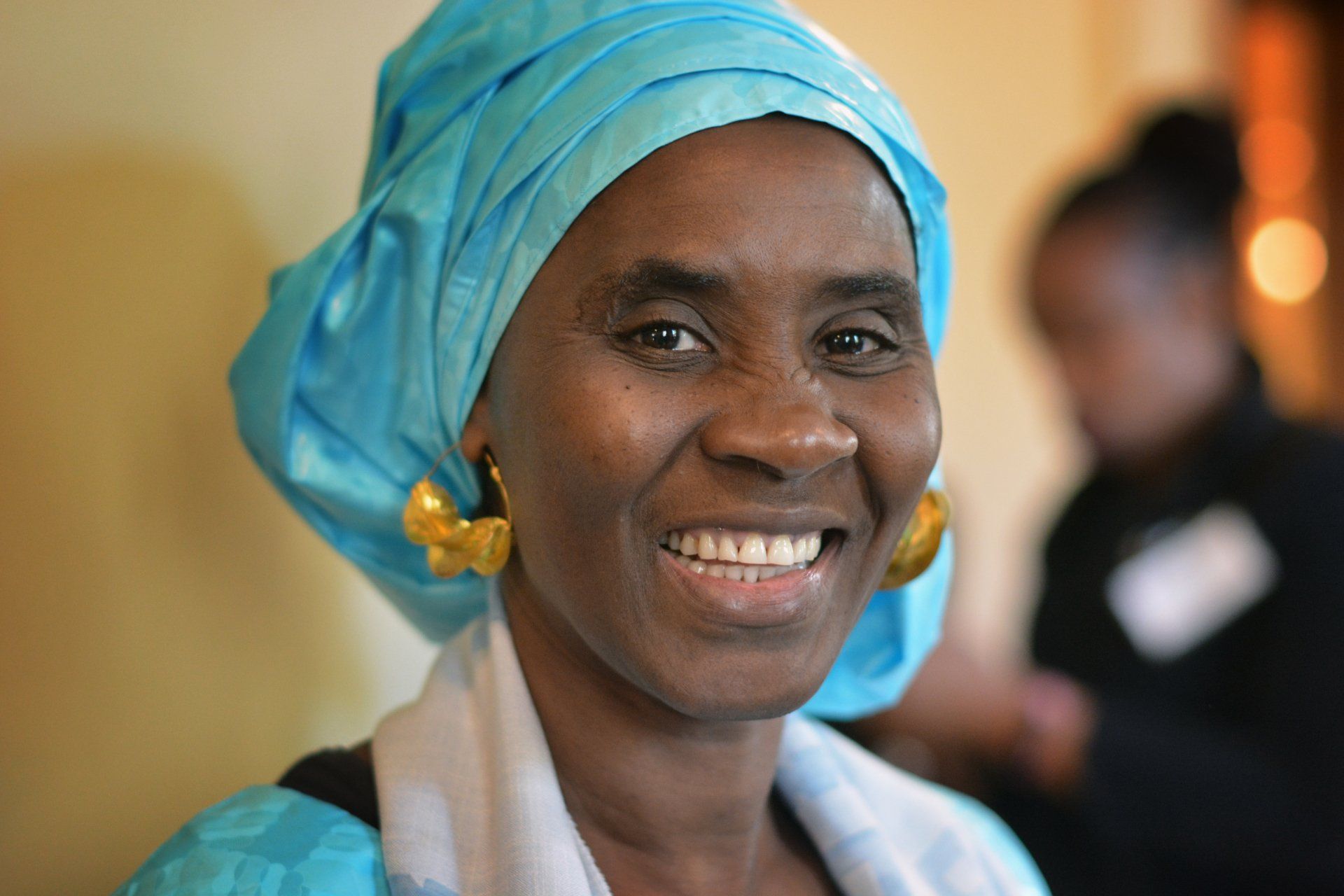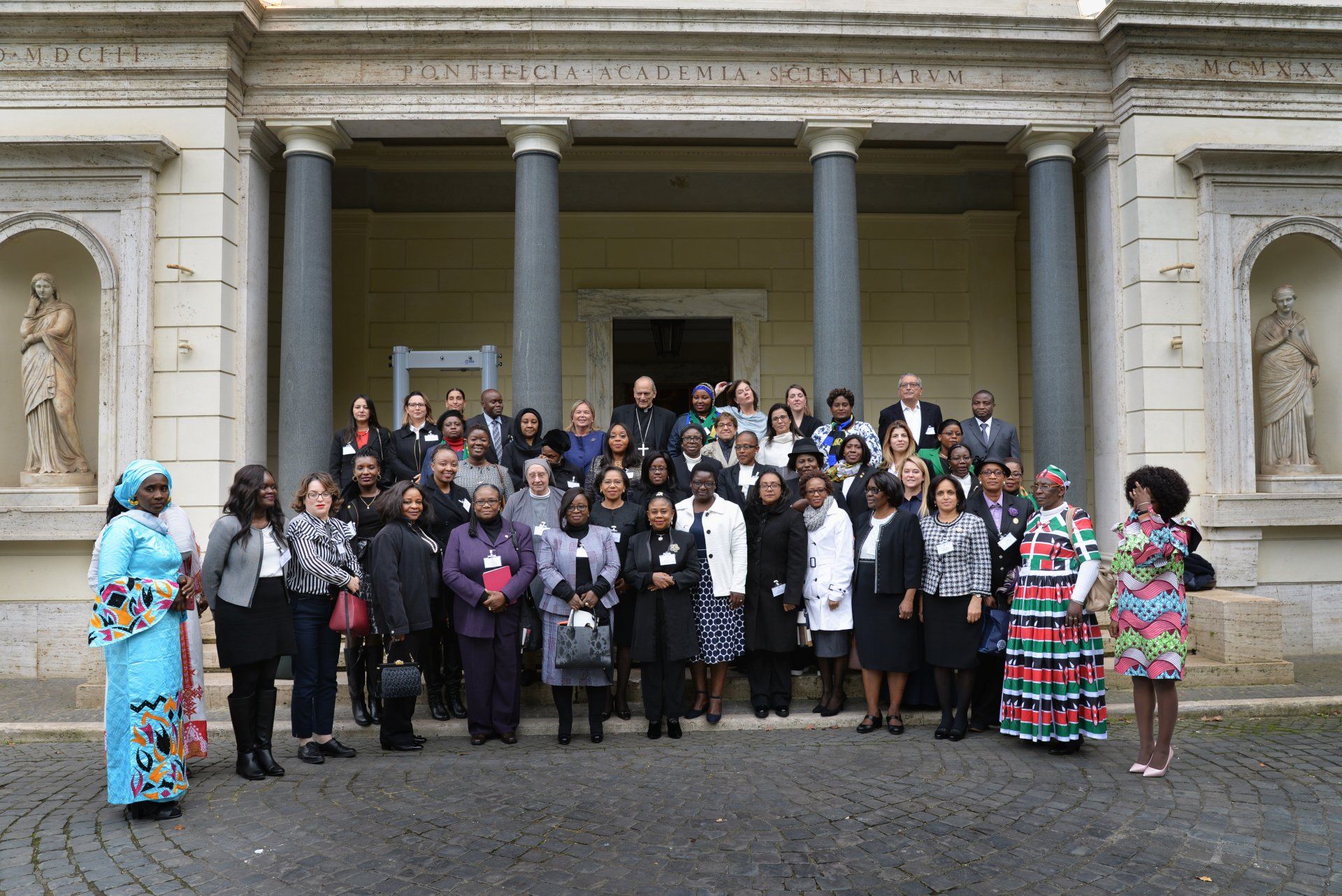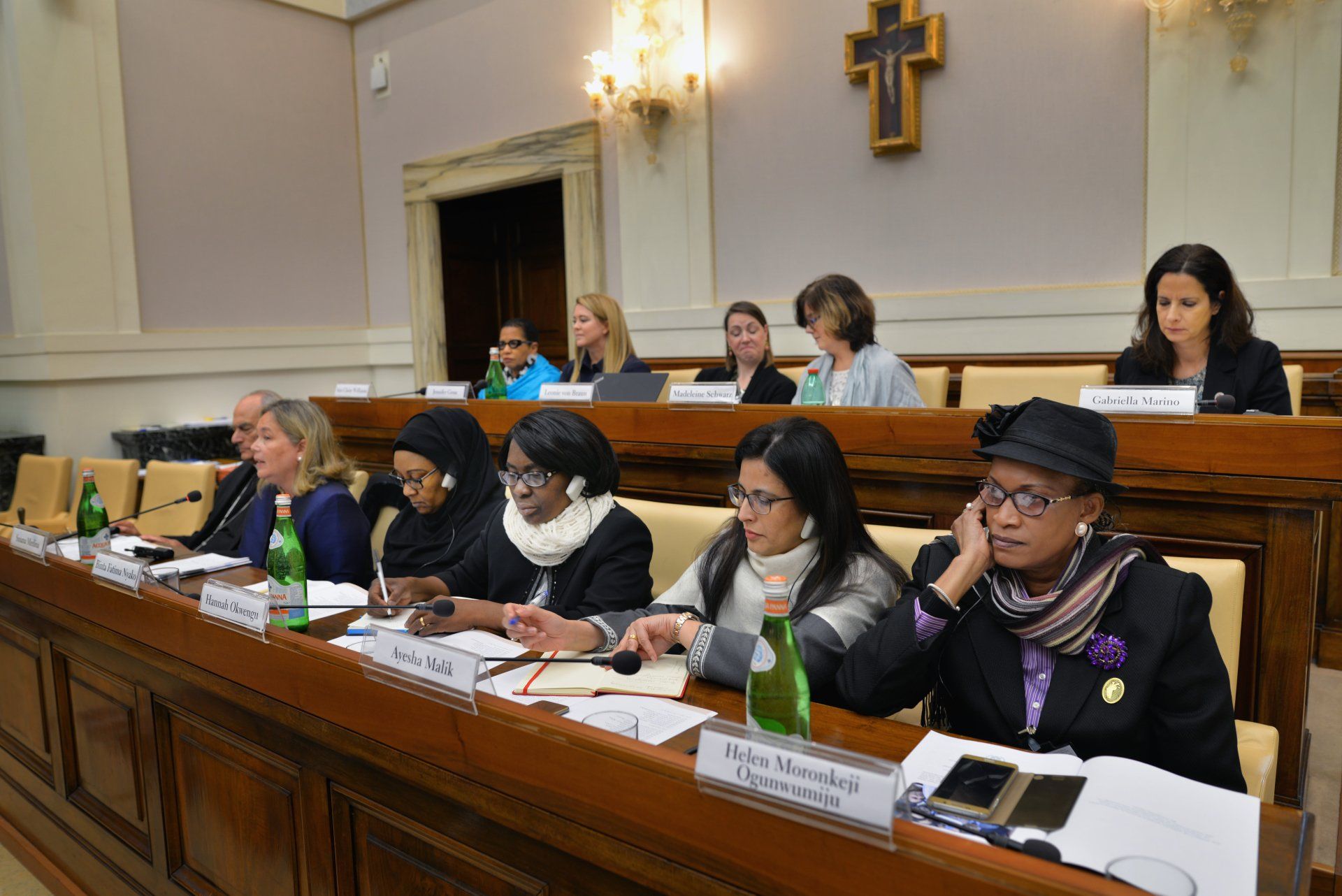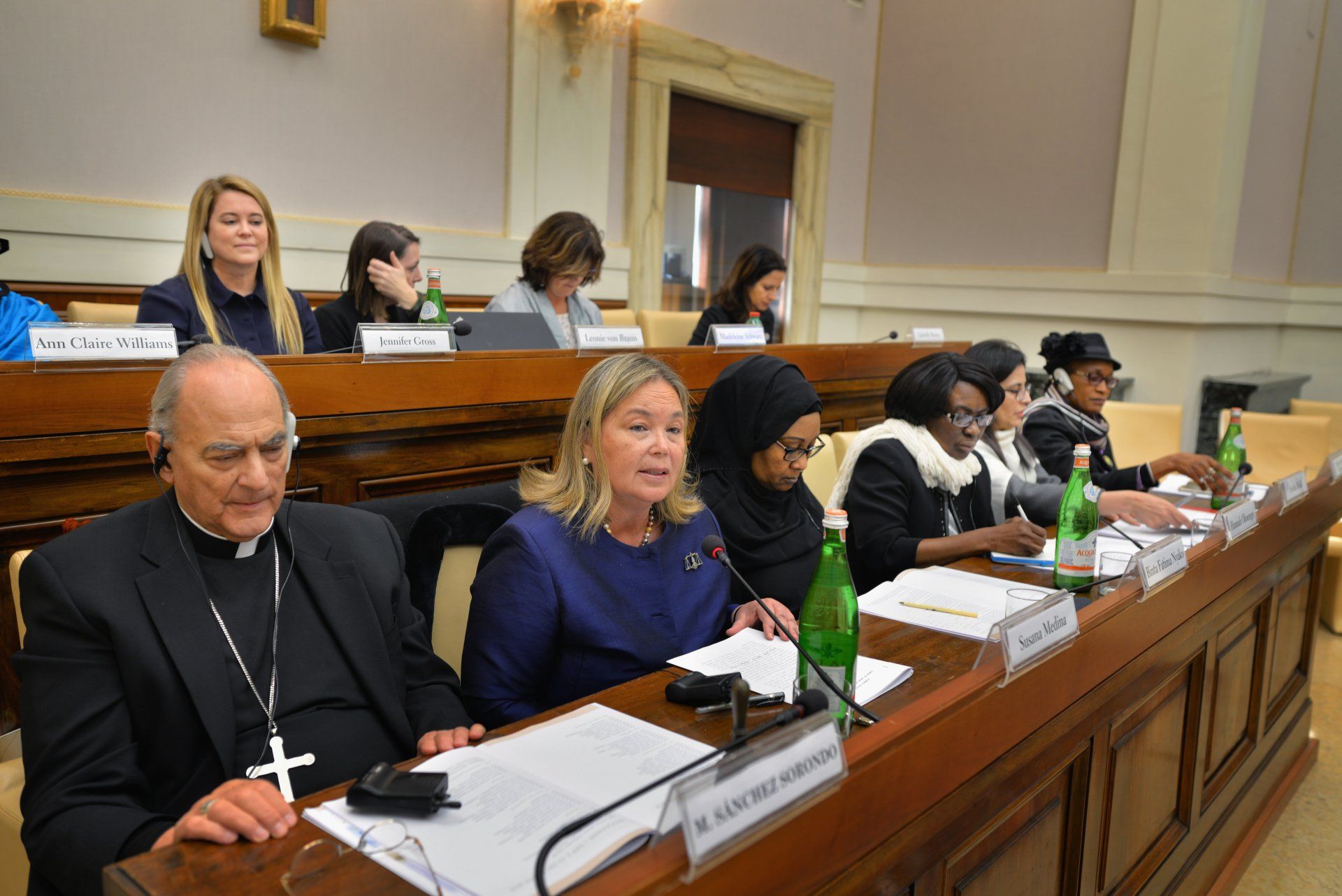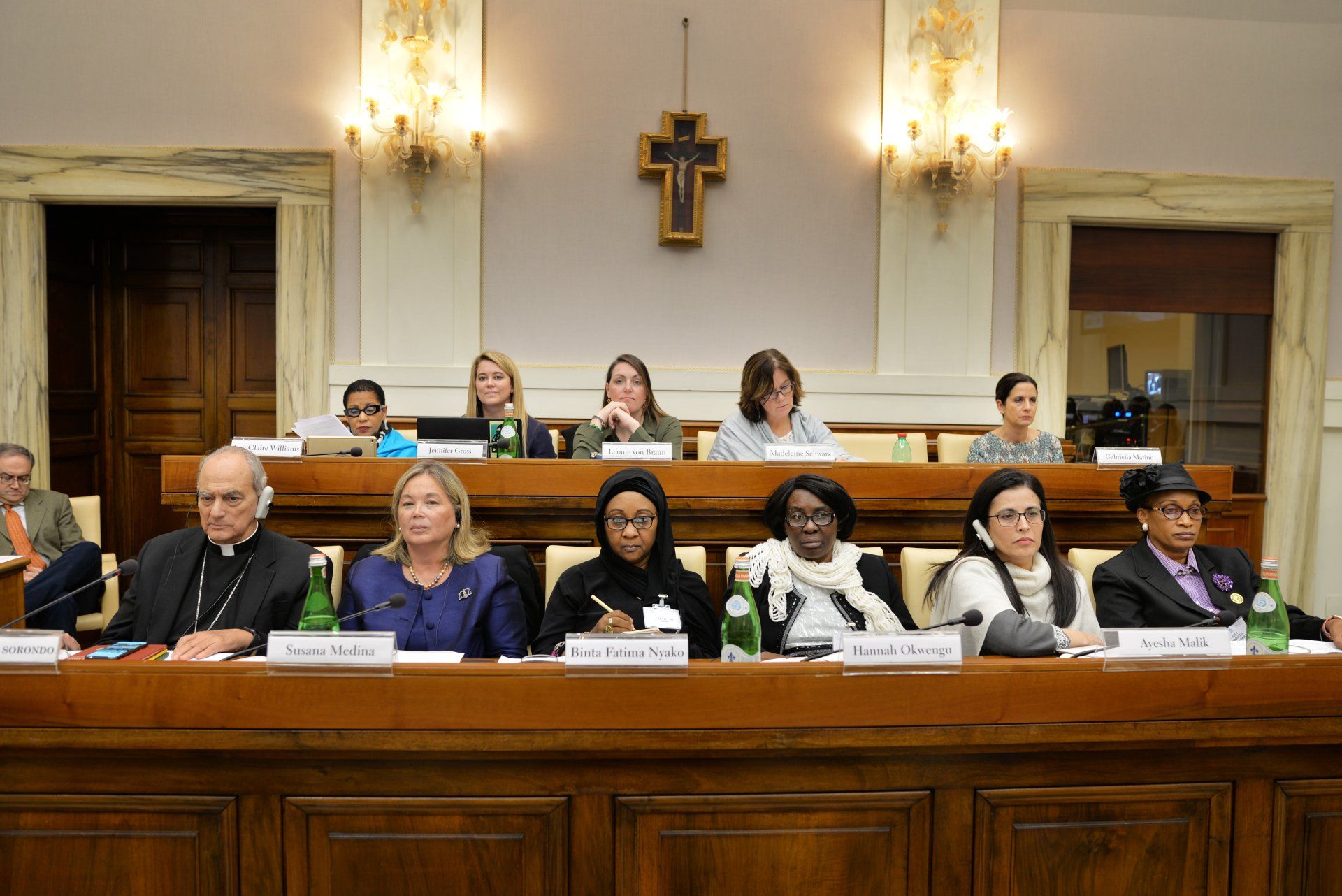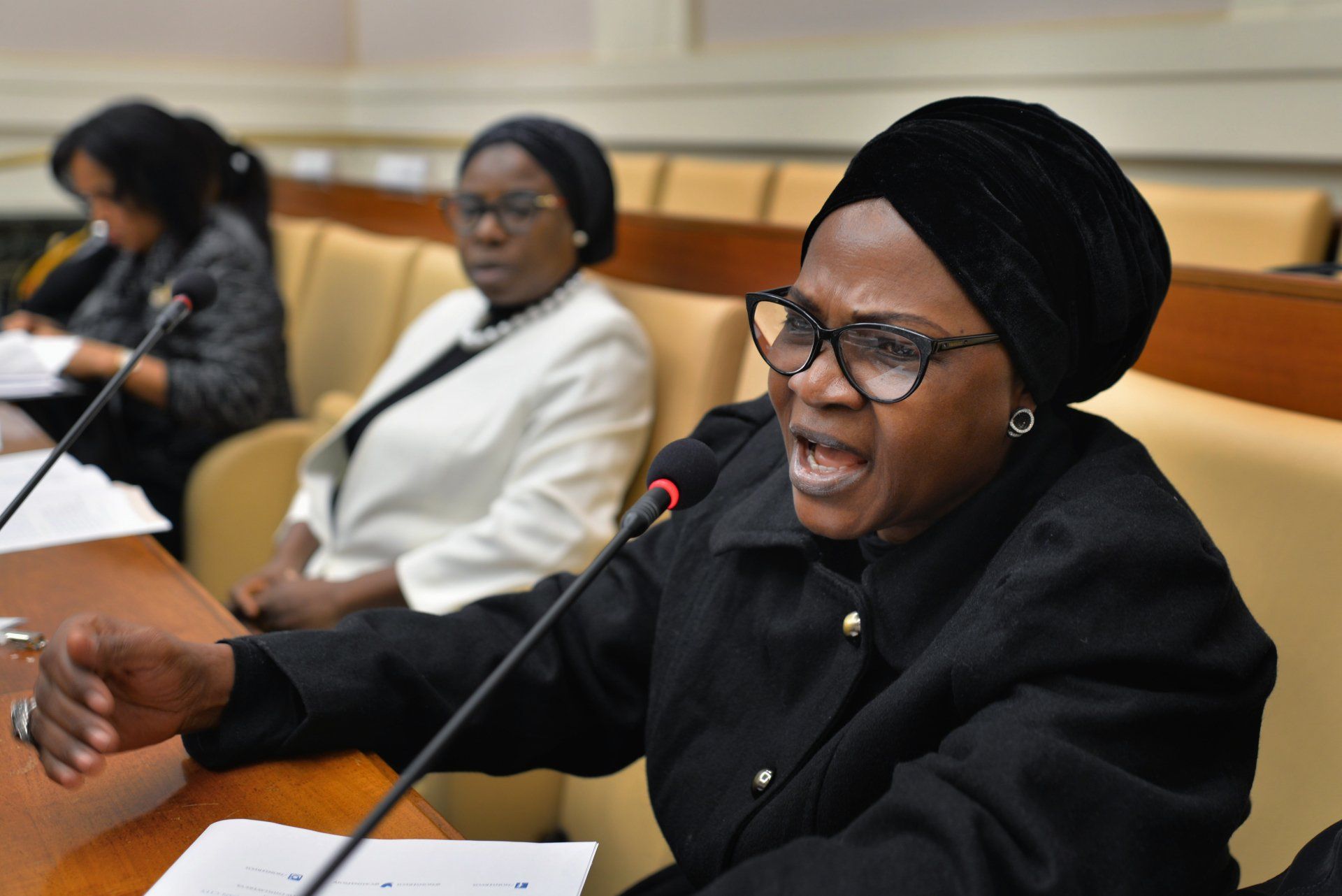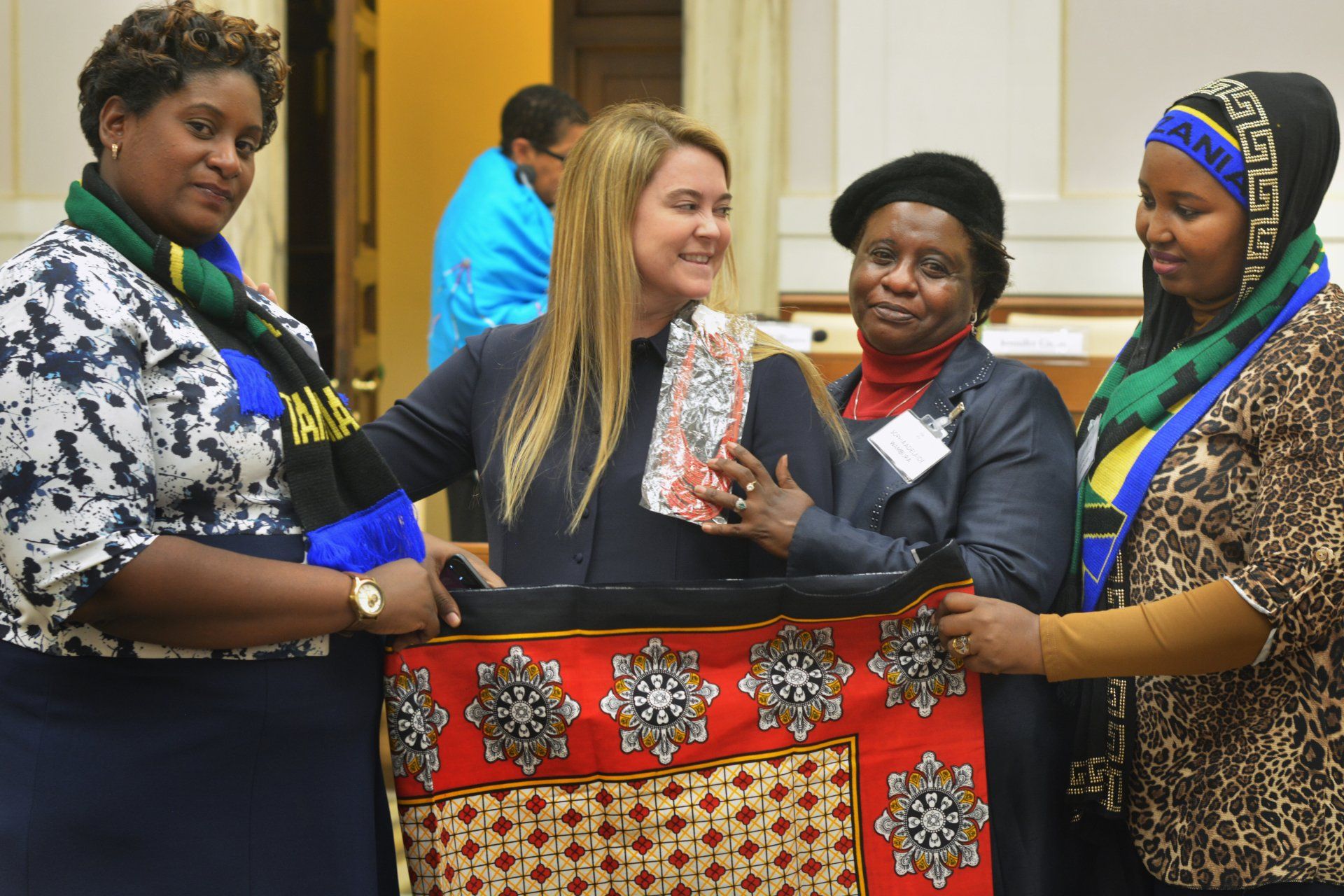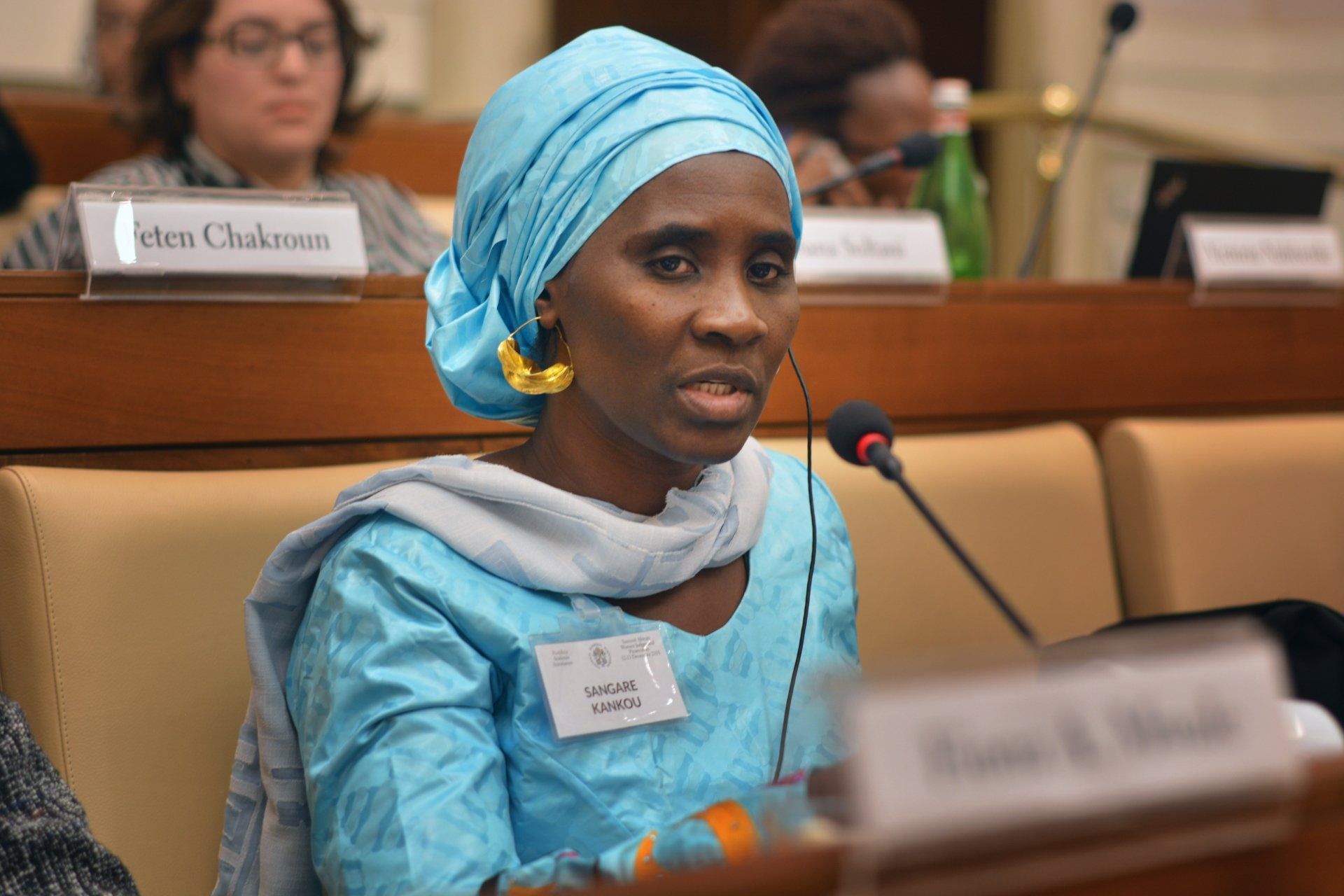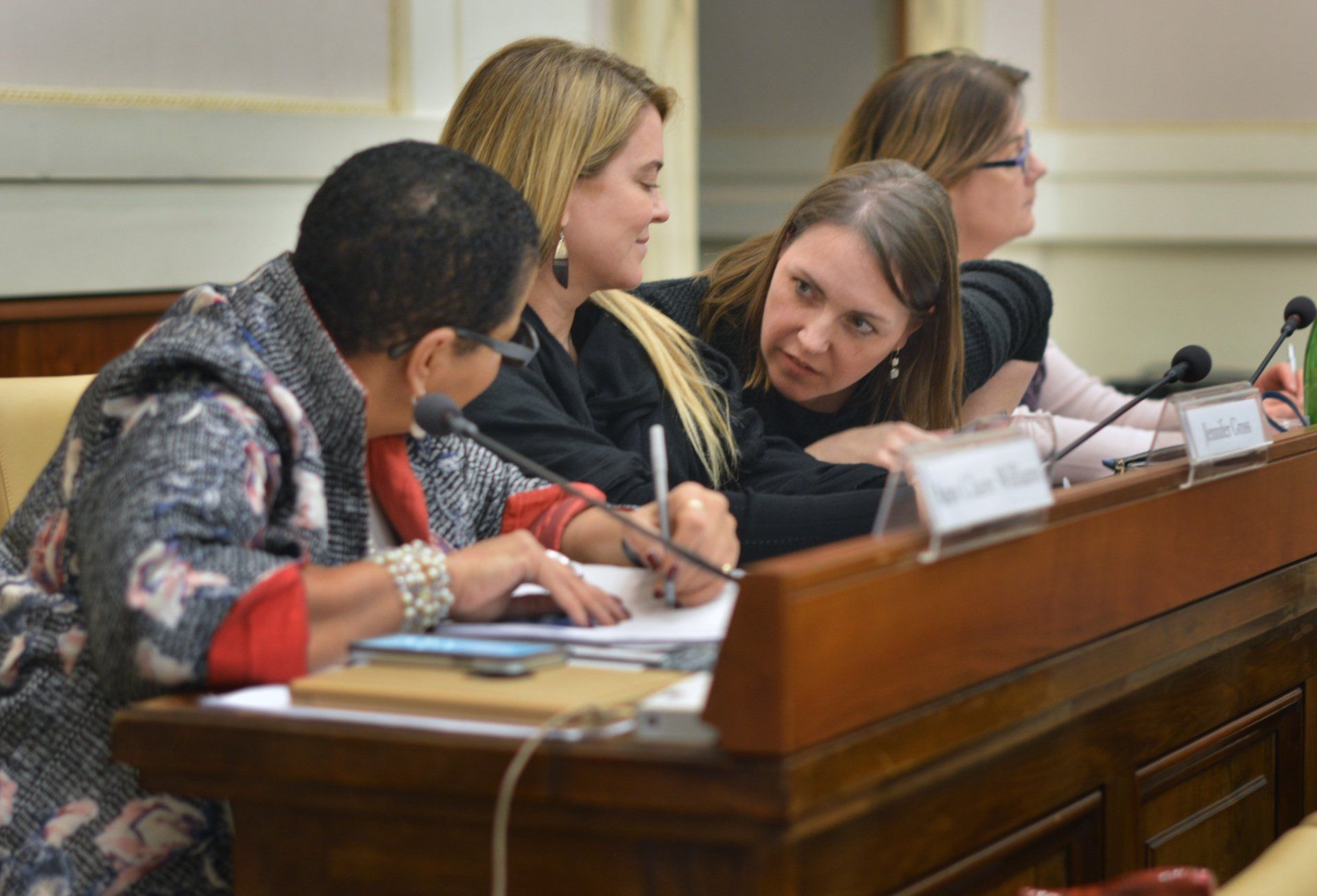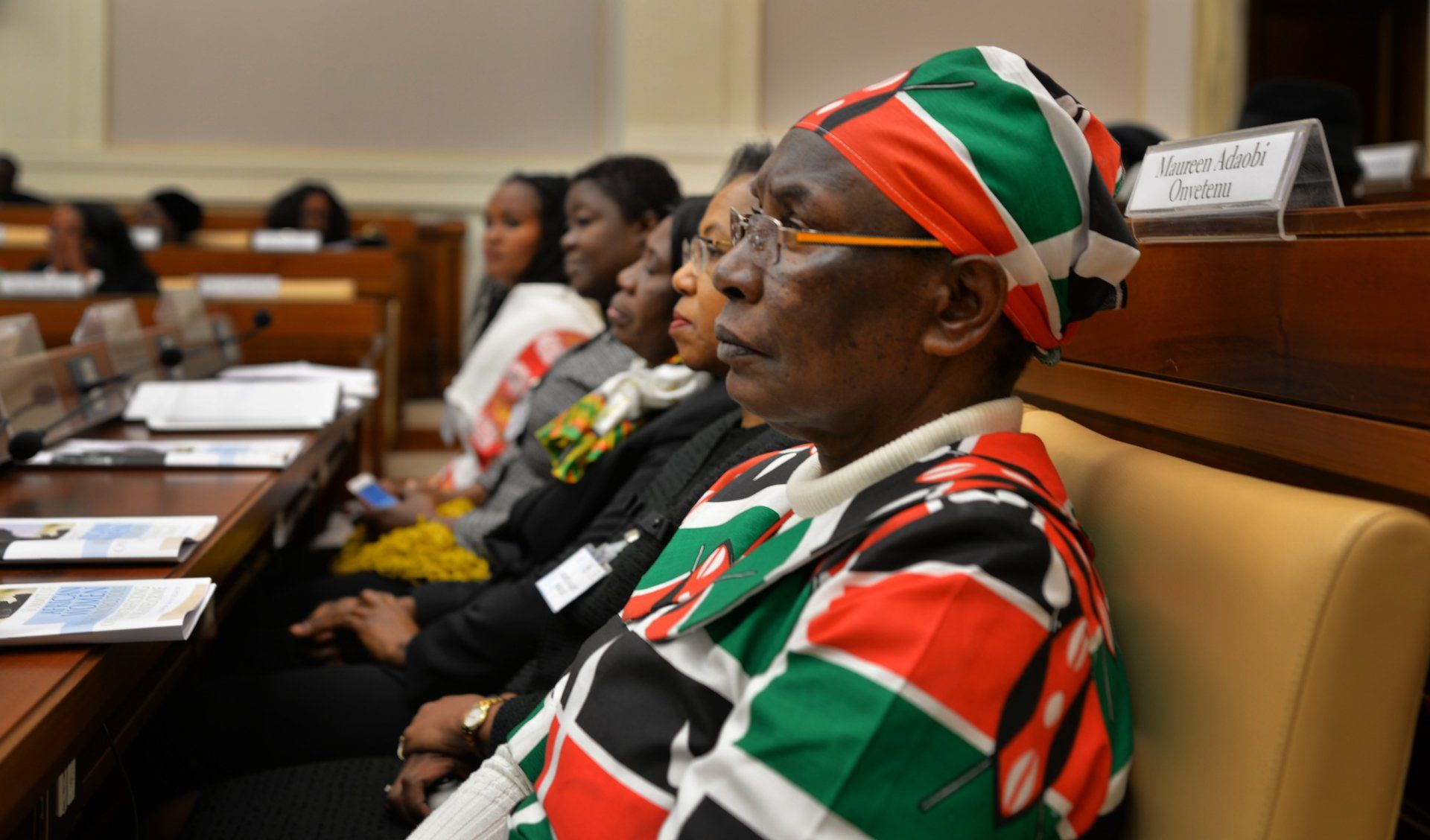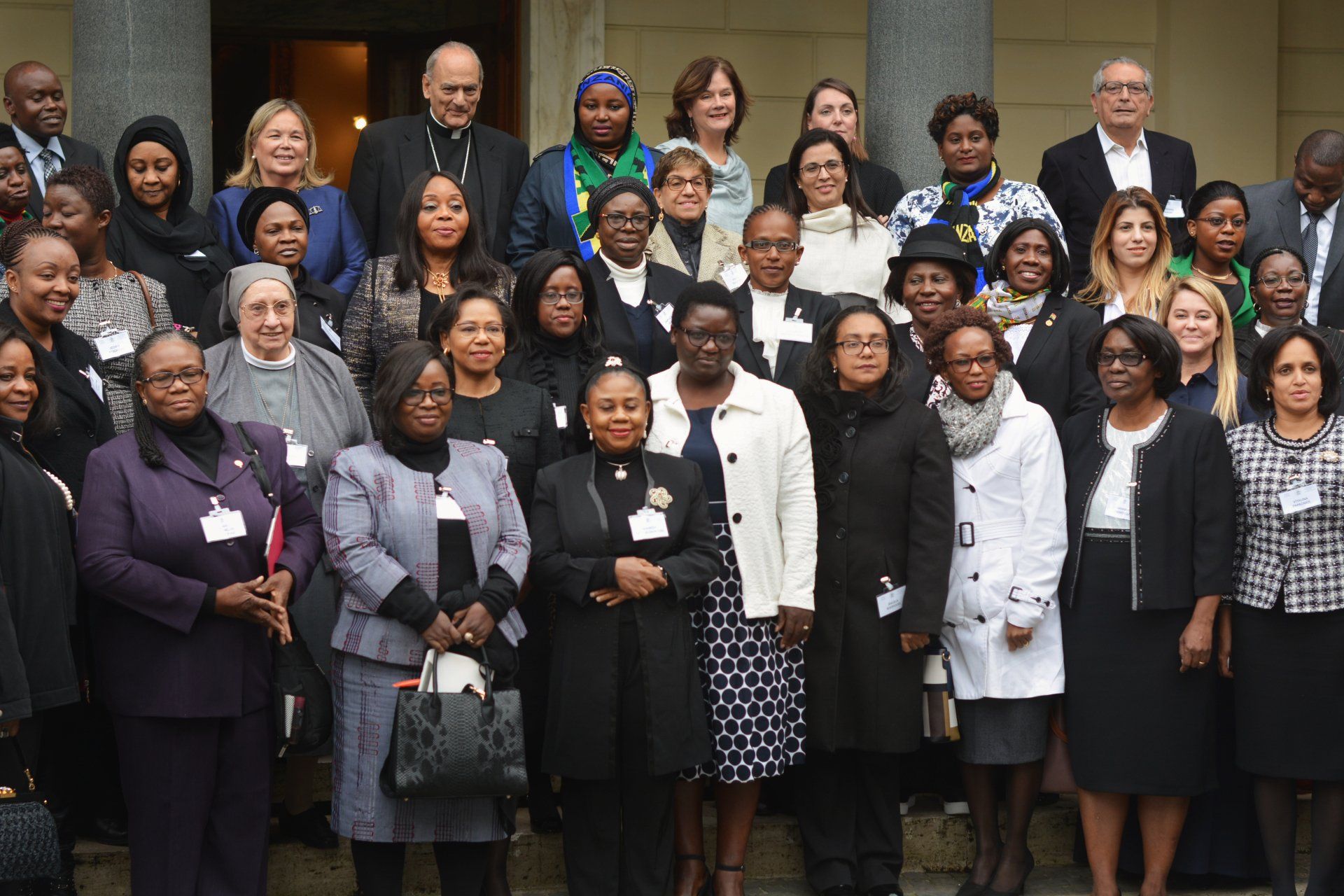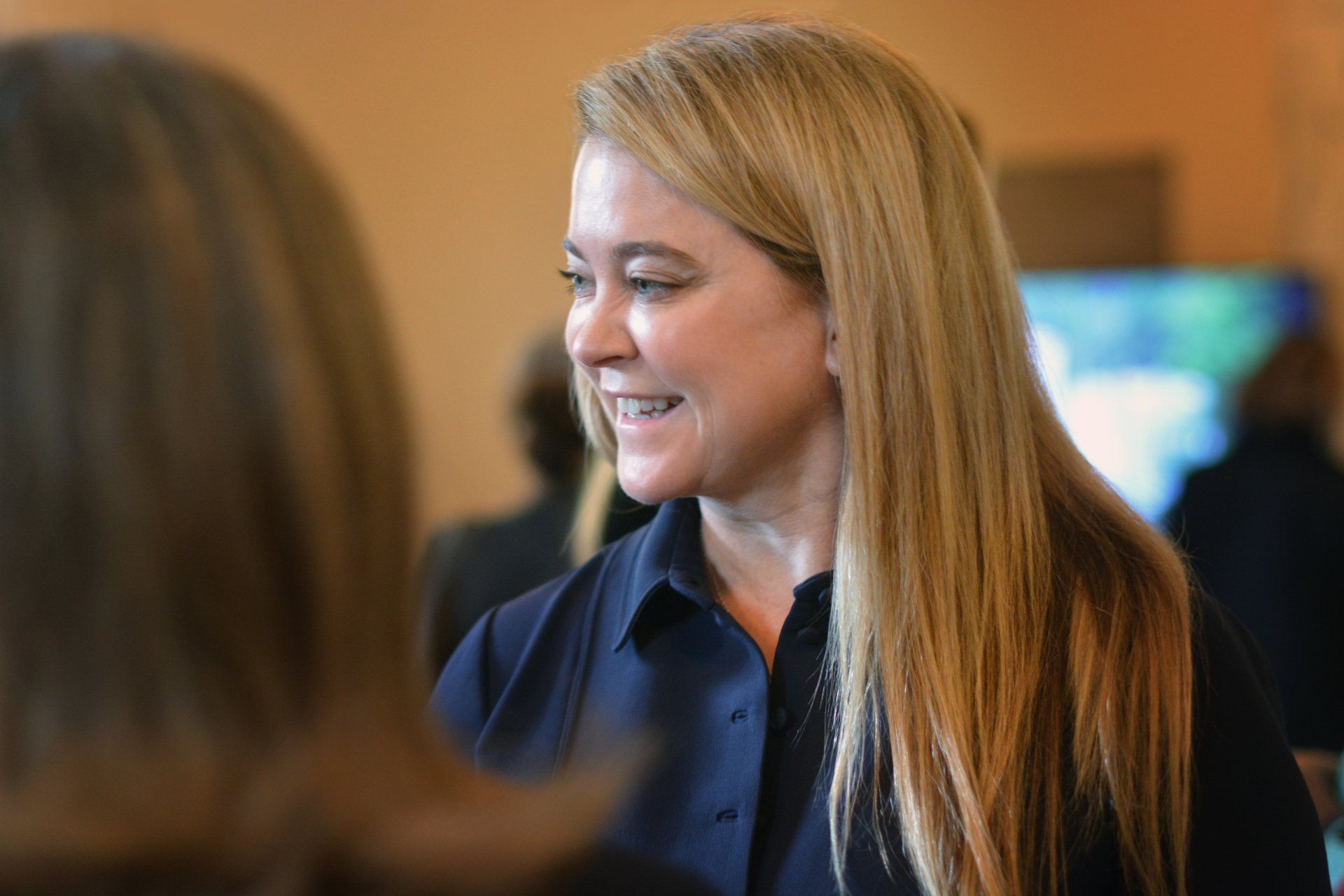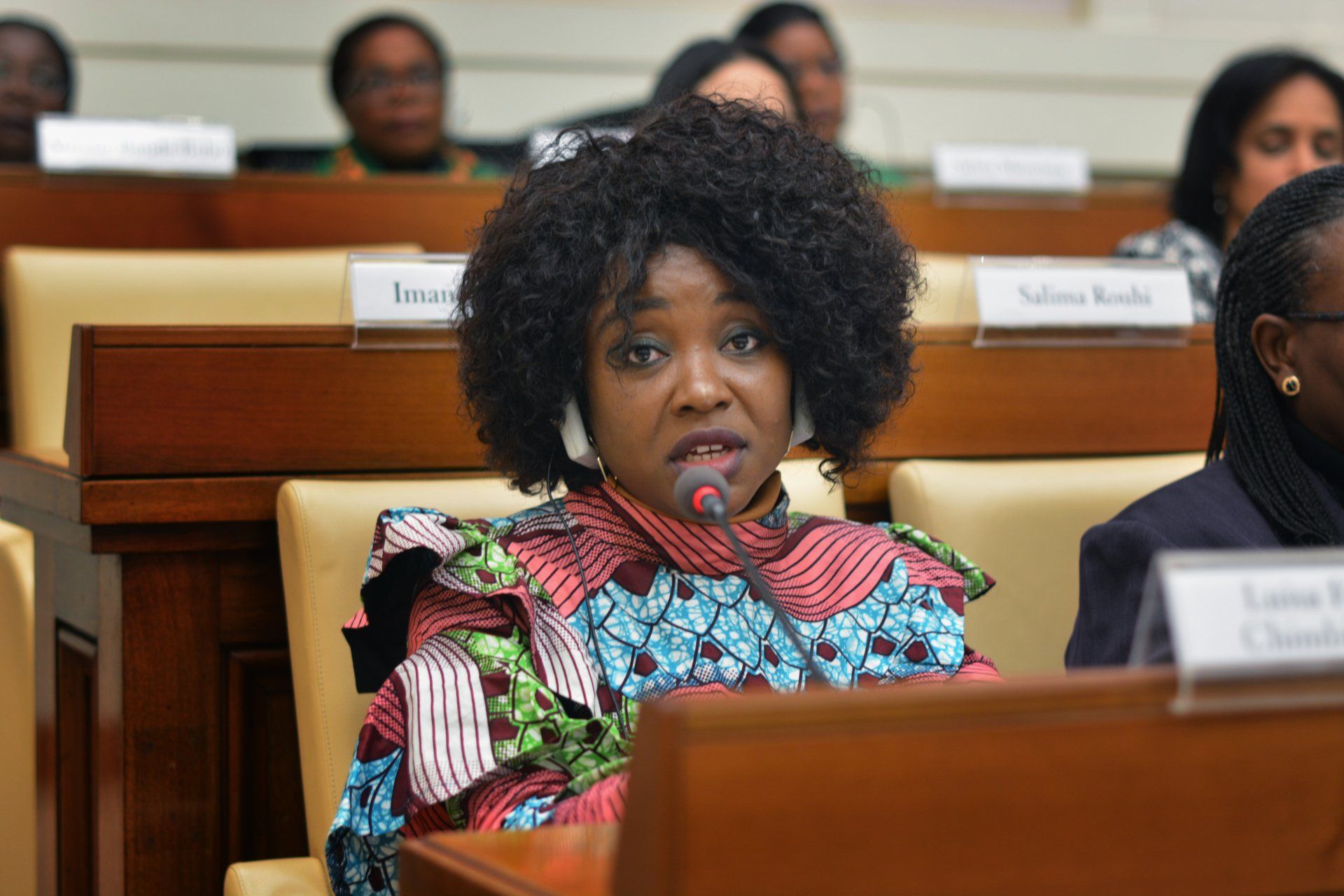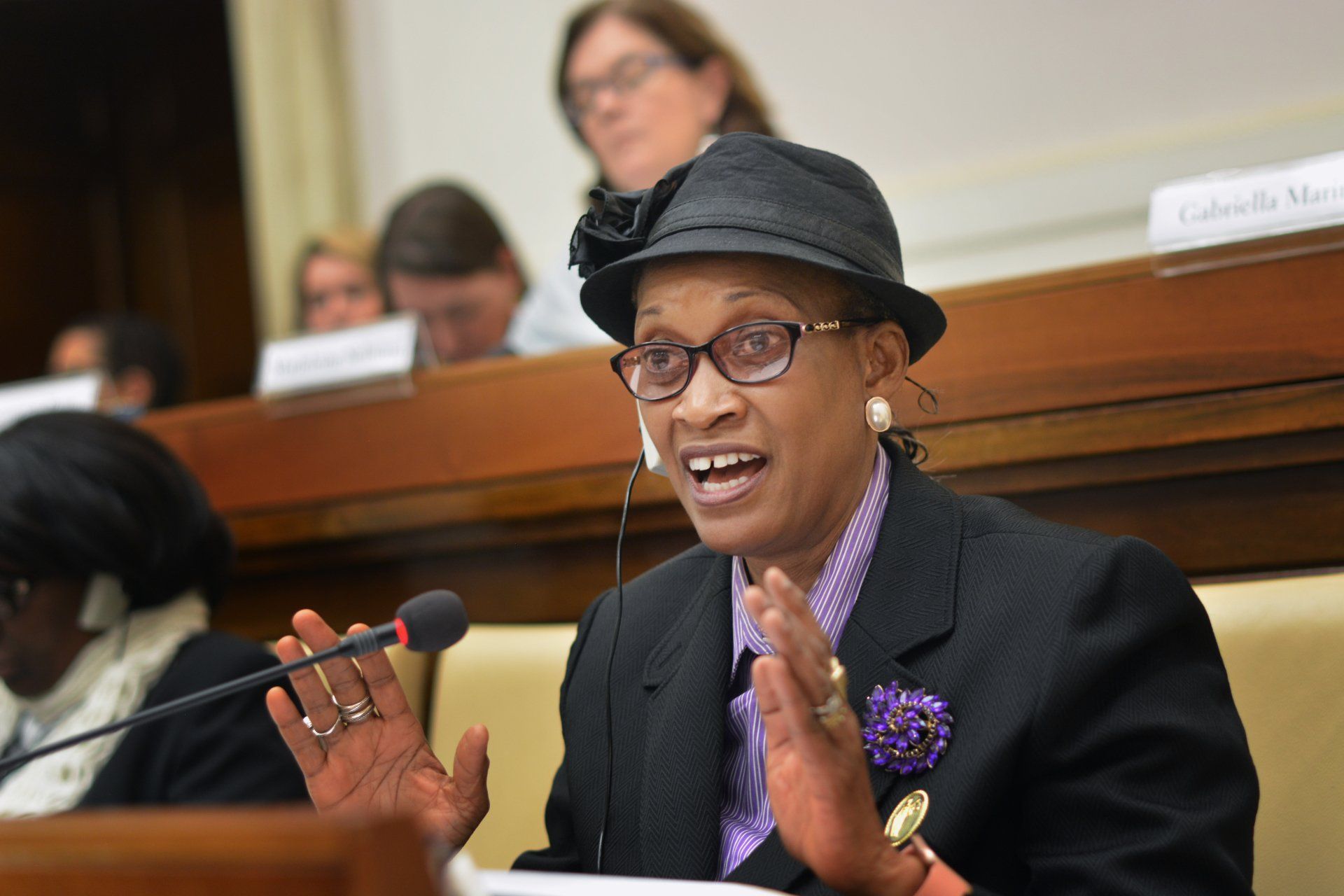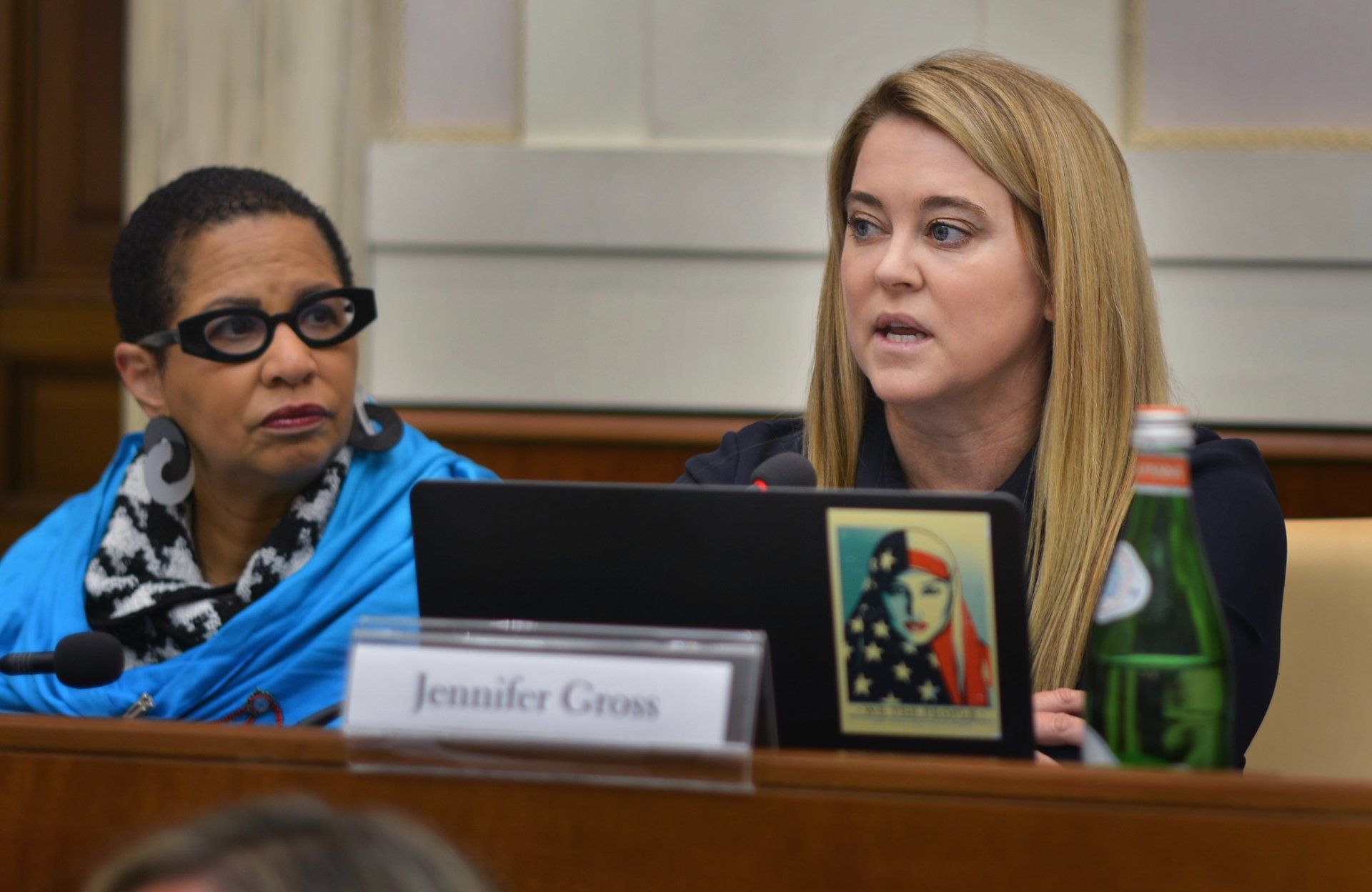Vatican City—A two-day Summit of African Women Judges and Prosecutors on Human Trafficking and Organized Crime, hosted by The Pontifical Academy of Sciences at the Vatican, brought nearly 50 women together to identify and address the causes and effects of these crimes against humanity. Blue Chip Foundation founder Jennifer Gross sponsored the event to help further the Sustainable Development Goals – including SDG 8.7, which directly involves efforts to end human trafficking and modern slavery.
Africa holds vast numbers of human trafficking victims, and women judges from across the continent shared their own countries’ stories, citing real-world examples and zeroing in on locally specific issues. These judges are at the forefront of the fight against trafficking, and they see cases that most people struggle to comprehend.
A staggering 14 million people are involuntarily trafficked for labor – and half of them are trafficked into construction, manufacturing and the mining industry. Overall, about 9.5 million men and boys and 4 million women and girls are being pressed into involuntary servitude, sex work and slavery right now.
“What are the causes of trafficking? Poverty is the main cause. Many of these children are orphans that have very little education. The children earn very little money,” said Beninese Justice of the Court of First Instance of Allada, Aubierge Olivia Lucette Hungbo-Kploca.
Some parents willingly put their children into a network of human trafficking – not just in Benin, but elsewhere – for financial compensation. Benin created a network to target human trafficking, says Magistrate Judge Ayaba Claire Houngan Ayemonna, who quickly discovered that there were both national and international rings trafficking children in particular.
“The internal network takes people from rural areas and transports them to the urban areas,” Ayemonna testified. “The international network transfers them to other countries. They are being moved to Europe or Northern African countries. They are promised a good job in a foreign country. There are parents in a polygamist household, and they send off their children to work. Not to attend school, but to receive renumeration.”
Forces opposing human trafficking are emerging throughout Africa. Justice Sedina Agbemava of Ghana’s High Court says that there’s a strong movement forming in her home country, Ghana, to stamp out human trafficking.
“To use the word eradicate sounds overly optimistic, but with the provision of adequate resources, the fight against human trafficking will be won,” said Agbemava. “Ghana is seen as a source, transit and destination country, though the perception is that domestic trafficking in humans is more prevalent than international or the transnational trafficking. This perception may be due to the fact that culturally and historically, children especially have been sent to live with other families – they may be relatives or not – mostly due to the inability of parents to take care of these children due to poverty.”
During Agbemava’s tenure as a judge, she dealt with far more international cases than local cases.
Justice of the Court of Appeal in Ghana, the Honorable Lady Justice Mariama Owusu, agrees.
